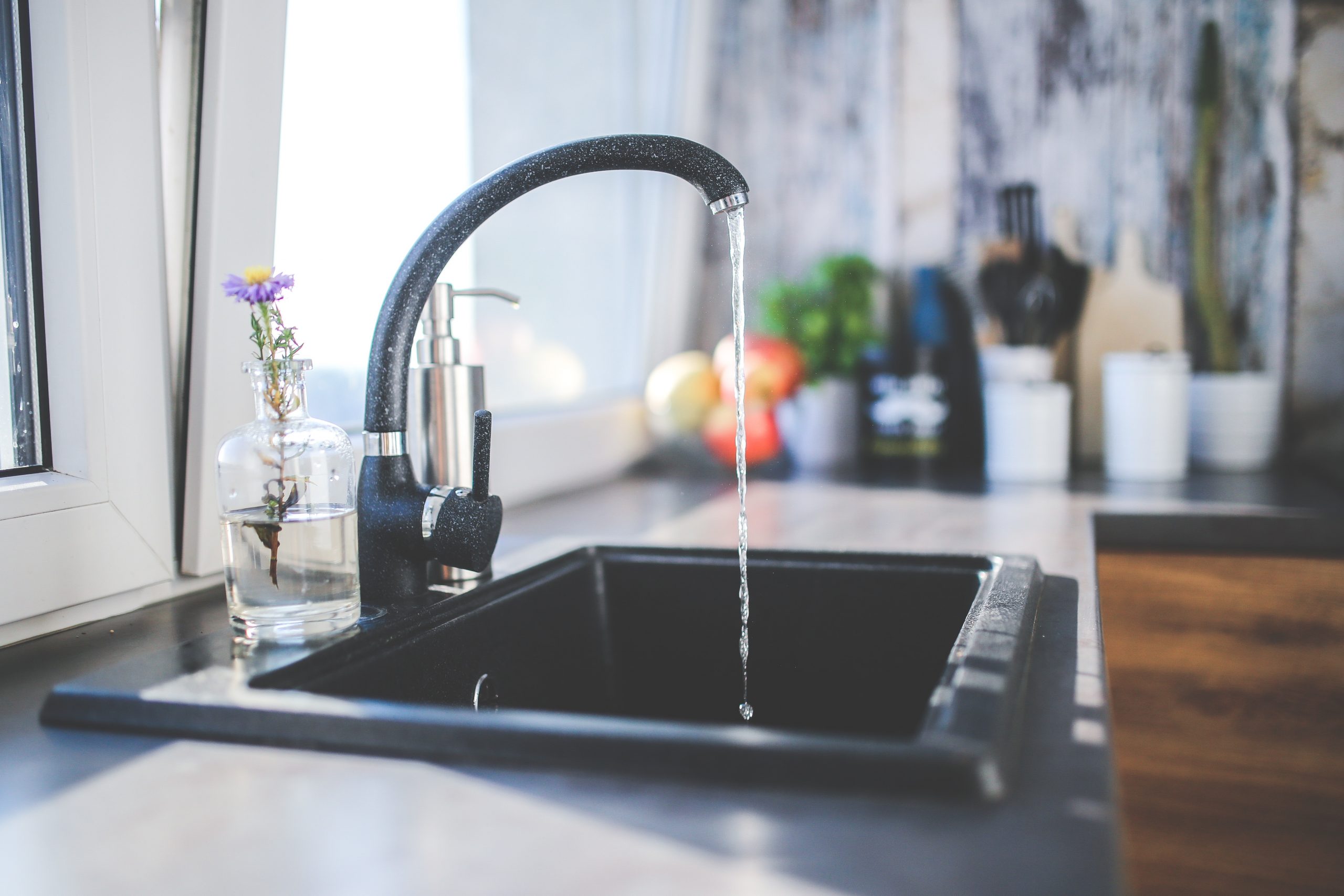Welcome to your trusted source for real estate insights in Northern New Jersey. I’m Rich Iorio, “Your Friendly Neighborhood Realtor” at C21 Crest Real Estate, and my mission is to help you make informed decisions on your homeownership journey. Today, we’re diving into the essential considerations when purchasing a home with an existing well water system. Understanding the unique aspects of well water is crucial to ensure a seamless transition into your new home.
How Does A Well Work?
A modern residential well begins with drilling into the ground to access groundwater. A protective casing prevents contamination. Inside the well, a submersible pump draws water from the aquifer and sends it to a pressure tank, ensuring a steady flow through the household plumbing. Water treatment systems may be added for improved quality. A control system regulates pump operation, turning it on when water is needed. Regular maintenance, including inspections and water quality tests, ensures a reliable and safe water supply for the home.
Well Water: A Self-Sufficient Water Source
When buying a home with an existing well water system, you’re embracing a self-sufficient water source beneath your property. Here’s what you need to know:
Water Quality Control: With well water, you have more control over water quality. Consider installing water treatment systems such as filtration or softening based on your preferences and local water conditions.
Testing and Inspection: Before closing the deal, insist on a comprehensive well inspection and water quality test. This ensures that the well is functioning correctly and provides safe and clean water.
Maintenance Responsibility: As a well owner, you assume the responsibility of maintaining the well and water system. Regular inspections, water testing, and upkeep are essential to ensure long-term functionality.
Costs: While you may not need to drill a new well, be prepared for potential costs associated with well system maintenance, repairs, and water quality improvements.
Emergency Backup: If the home you are interested in doesn’t already have one, consider investing in a backup power source for the well pump. Power outages can disrupt your water supply, so having a backup generator or alternative water source is wise.
Water Testing:
Testing well water is crucial for ensuring its safety and quality. You have the option to conduct basic water quality testing yourself using home testing kits available from hardware stores or online retailers. These kits typically include test strips or vials with reagents for parameters like pH, hardness, chlorine, and occasionally nitrate and nitrite levels. Simply follow the provided instructions, perform the tests, and compare the results to the kit’s indicators. Home testing kits are suitable for regular monitoring of basic parameters, quick assessments of water quality changes, and initial insights into unusual taste, odor, or discoloration in your water.
However, for comprehensive water quality assessments, especially for detecting specific contaminants like bacteria, heavy metals, or volatile organic compounds (VOCs), professional laboratory analysis is recommended. Certified water testing laboratories can provide accurate and reliable results for these specific parameters. It’s advisable to consult with local health departments or water authorities for guidance on the most appropriate testing methods and frequency for your well water, especially if you have concerns about specific contaminants or water quality issues in your area.
Ensuring Water Quality and Safety:
Treatment Systems: Depending on your water quality test results, you may need water treatment systems. These systems can address specific issues such as hard water, iron, or bacteria, ensuring safe and pleasant drinking water.
Annual Inspection: Schedule an annual well inspection to check the condition of the well, pump, and associated components. A professional inspection can identify issues early, preventing costly repairs.
Water Usage Awareness: Be mindful of your water usage, especially during dry seasons, as over-pumping can strain the well. Consider implementing water-saving fixtures to reduce water consumption.
Buying a Home With Well Water:
When making an offer on a home with a well, work with a Realtor (That’s Me!) to ensure your interests are protected. Include provisions for a professional well inspection and comprehensive water quality testing to check for contaminants. Specify repair contingencies based on inspection results and the condition of associated equipment like the well pump and pressure tank. Request documentation and maintenance records for the well, consider stipulating water treatment systems if needed and include provisions for a well flow test and backup generator if necessary. Establish a reasonable contingency period for inspections, negotiations, and potential repairs, and collaborate closely with your Realtor to draft a comprehensive offer.

 Facebook
Facebook
 X
X
 Pinterest
Pinterest
 Copy Link
Copy Link


